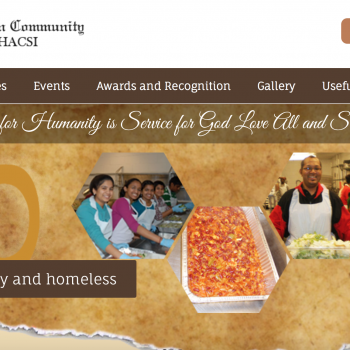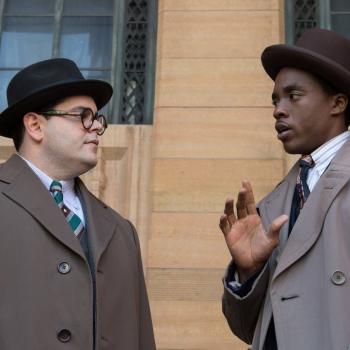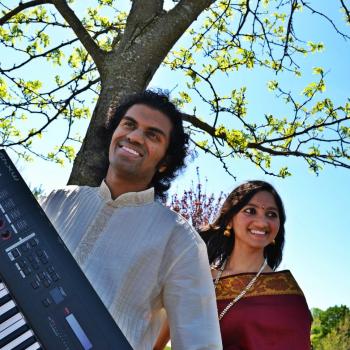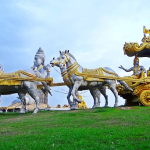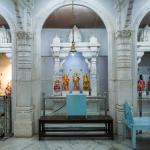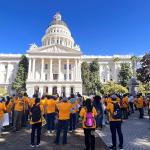We have a common understanding that every American should be able to freely practice his or her faith – we are free to choose to have any faith or none at all. As an activist in my local community, nearly ten years ago, I helped start an interfaith group to make sure we honor that commitment to and inclusion of religious diversity at the grassroots level. This year, as the Troy-area Interfaith Group celebrates its tenth annual National Day of Prayer event at the St. Anastasia Roman Catholic Church, my focus is on legislation at the national level. Now, as a Board member of the Hindu American Foundation, I am advocating for a bill which was recently introduced in Congress that will affect many faiths – Christian, Hindu, Sikh, Muslim, Buddhist, Jewish, Jain – and their ability to worship. With my longstanding involvement in the Hindu temple community in my local area and nationally, the Freedom of Faith Act is something that I encourage everyone to understand and support.
Part of initiating a grassroots movement so that Hindus had a seat at the table meant getting involved in the regional interfaith scene. I made friends who have helped me on my journey of interfaith activism; one is Rabbi Eric Yanoff, who used to worked at an orthodox synagogue in the region. As we worked with a couple of others in the area to plan an interfaith retreat, we shared religious practices, life experiences and the hopes we had for our religious communities. One memorable conversation with the rabbi centered around how, in decades past, rabbis were asked questions like “what do you know about baseball?” alongside questions about scripture. These rabbis came from the “old country” as no religious training programs were available in the US, and such questions were important to ensure that they had a connection to the people they served.
Today, Hindus and several other religious groups have a similar fate. We do not have the facilities to train religious workers in the United States and use the Special Immigrant Non-Minister provision in the Religious Worker Visa Program. This program was enacted by Congress in 1990, and allows religious groups to sponsor immigrant workers to staff and manage American religious centers. These workers teach in religious schools, provide spiritual counsel, serve as ritual specialists, design and build religious institutions, and perform numerous other religious functions. Harsh Voruganti, the Hindu American Foundation’s Associate Director of Public Policy, explains how important this is to all of us.
The Non-Minister category is essential to ensure that Hindu temples and religious centers are operational, but there has been a caveat: a “sunset” provision which means that the category will expire in 2015. A bill passed by the U.S. Senate, S. 744, already removes this “sunset” provision, allowing religious centers to make better staffing and management decisions, by removing uncertainties and bureaucratic inefficiencies. As recently reported on TheHill.com, the Freedom of Faith Act was introduced in the House of Representatives to permanently authorize the Special Immigrant Non-Minister provision in the Religious Worker Visa Program, similar to the one passed by the Senate. As Americans debate immigration reform, this coalition firmly believes in the importance of adopting legislation that is in the best interest of our diverse religious communities. Today, as I work with others in the Hindu community across the nation to establish a framework for Hindu chaplains to be trained in the United States, I look for American public policy to support the needs of religious groups such as ours. Access to trained clergy and religious workers is a critical part of the constitutional guarantee of religious liberty, an essential part of American life – just like baseball.






